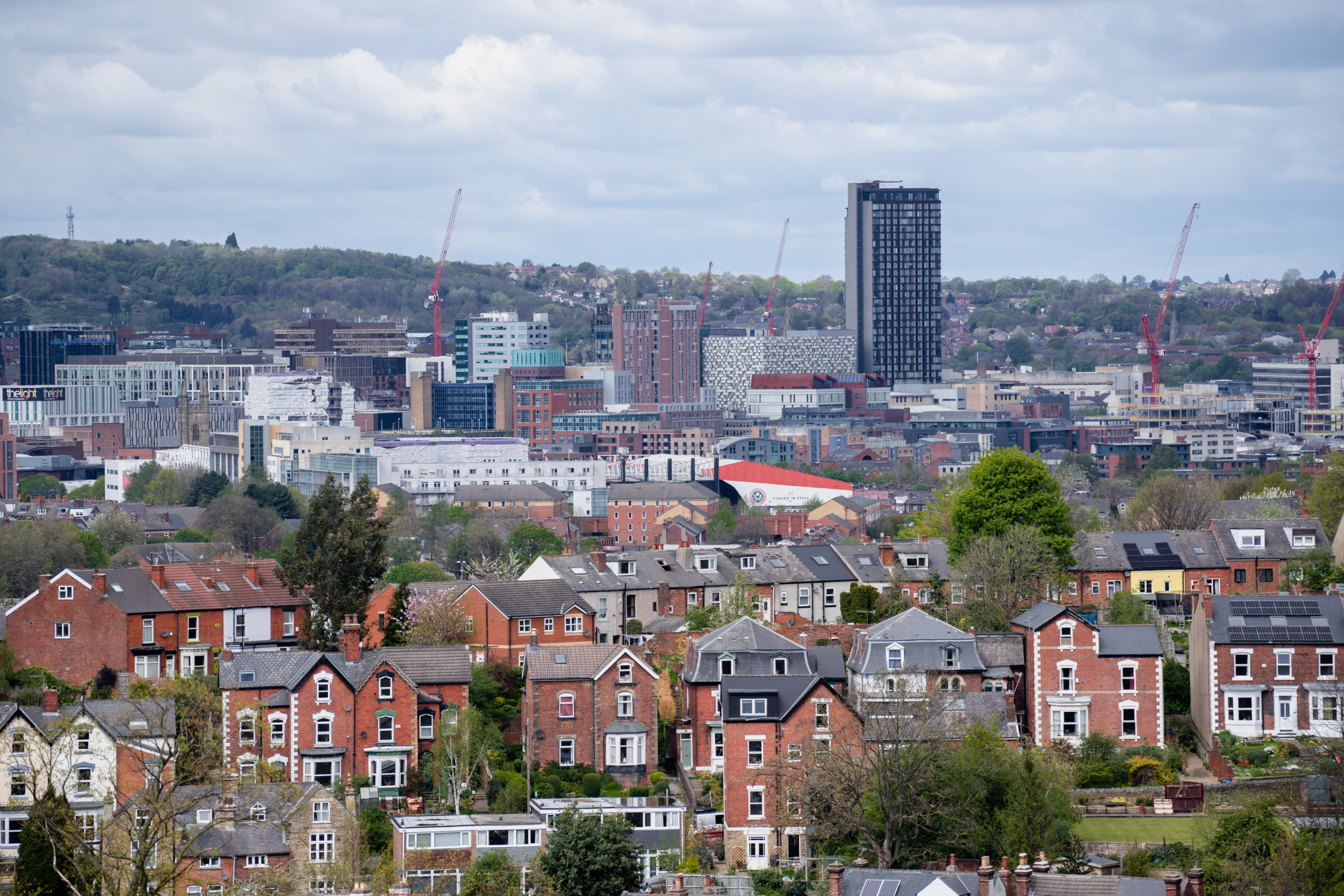Interest rate news – the latest increase by Bank of England
The latest interest rates rise has seen an increase from 5% to 5.25% from the Bank of England, the 14th consecutive increase from the institute. Now at their highest point in 15 years, our latest blog post provides insight in to the predictions made by economists regarding future inflation and interest rates in the coming months.
How does this affect my current mortgage offer?
When it comes to your current deal, those on a tracker or variable mortgage, or anyone due to renew next year, is particularly vulnerable to changes in interest rates.
This increase means that these mortgage-owners can expect rising prices, resulting in you having to pay back more money to your lender every month. An option to try and release some of this burden would be to extend terms, giving you an extended period in which to make your payments.
In regards to fixed rate mortgages. Current deals being offered by lenders have already increased to reflect the rate rises, with the average two and five-year fixes between 6 and 7%.
Click here for more information regarding mortgage types.
How will it affect my likeliness to get my first mortgage deal?
If you are looking to get your first mortgage deal then all of the above will apply. You can expect to require a larger deposit to offset the borrowing costs from your lender and to have a higher interest rate, even with fixed rate deals.
Essentially rising interest rates makes borrowing more expensive, which in turn makes monthly repayments increase as well as the total amount a buyer pays in interest over their mortgage term.
Your likeliness to be given a mortgage deal by a lender will be determined by the following:
- Age
- Income
- Debts
- Employment status
- Credit score
However this can be assisted in some way with a LTV or a zero deposit mortgage – targeted at first time buyers.
Loan-to-value (LTV) mortgage
A loan-to-value (LTV) mortgage, otherwise known as a 95% mortgage, requires buyers to raise only a 5% deposit.
The LTV (Loan to value) is a ratio of a home loan relative to a property’s value. For example, a mortgage worth £190,000 on a £200,000 home has a 95 per cent LTV. Buyers then make up the five per cent difference with a deposit — in this case, £10,000.
Zero deposit mortgage
Predominantly aimed at renters who lack savings or financial support from their family but hoping to purchase their first home and enter the property market.
The deal is available for first-time buyers across the UK. Tenants aged 21 and over may be able to take out mortgages at between 95 per cent to 100 per cent of the value of the property they want to buy.
This product would not allow borrowers to pay more for their average monthly payments than they were handing over in rent.
Applicants will also need to demonstrate at least a 12-month track record of paying their rent and bills on time.
When can it be expected for interest rates to come back down?
Predictions surrounding interest rate rises and decreases are very much that, predictions, however some key investors have expected a peak of around 5.75% towards the end of 2023. At this point it is then expected that a decrease will be on the horizon.
Nina Scaroni, chief executive of the Centre for Economic and Business Research states that her timescale for this would be Summer of 2024 when speaking to Sky News.
However this will all be determined by inflation and the rate at which this comes down. It is unlikely that the Bank will lower the base interest rate until this is visible. The reason for this is to avoid people spending more and the inflation rising even higher.
The silver lining in all of this though is that The Bank of England will be keen to get interest rates down sooner rather than later, as keeping them high for a long period of time increases the risk of negative economic growth and a recession. And they predict that inflation will decline throughout the rest of 2023 – and so it’s likely to lower rates slowly in response to that.
Looking for guidance on your current mortgage deal?
At the Mortgage Hub we work as an independent broker, looking to provide you with the most informed and trusted guidance based on current market offerings.
If you are looking to review your current mortgage offer or indeed are looking to get that first step on the property market, our team are on hand to advise.
Our Hamilton office is open Monday to Saturday, get in touch on 01698 200050 or e-mail info@mortgagehub.co.uk to arrange an appointment and speak to one of our mortgage advisors.
Our team will then do all the work to research your options and will work hard to negotiate the best deal for you and your savings.




